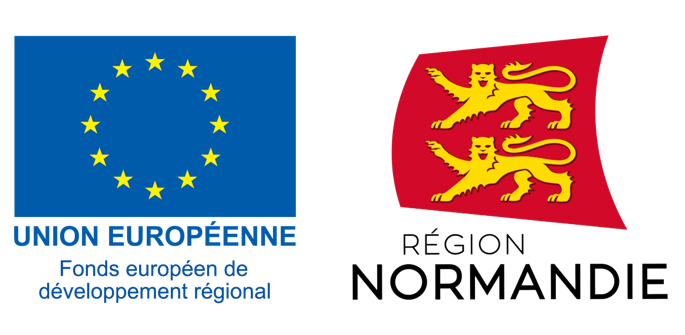CHERLOC

2020 - 2022: National project to propose maritime protection works to limit the impact of flooding on French coastlines.
The world's coastal landscapes are in constant transformation through the construction of infrastructures (dikes, jetties, ports...) to meet the growing demands of economic, residential and tourist activities. The natural coastal environment is fragmented by human constructions that encroach on the ecological habitats of intertidal and subtidal areas. This character is particularly marked on the coasts of the English Channel where the tidal range is high. Until recently, the response to a marine submersion event was approached from a pure engineering angle with the construction of new infrastructure in response. Over the last ten years or so, a paradigm shift has been taking place by integrating nature and society into the technical approach to coastal projects. The main objective of the CHERLOC project is to create and study two pilot sites in the Région Normandie by integrating two types of artificial blocks to existing dikes (Cherbourg, Ouistreham) through approaches of social acceptability, biodiversity and coastal engineering.
CHERLOC: a project combining social acceptability, biodiversity and coastal engineering
The aim of this study is to better understand the behavioral, social and psychosocial reactions to the proposal of protection blocks for the coastal sites of the Region; to be able to provide elements to cope with the risks of submersion without falling into the bias of resistance to change. It is also a question of giving enlightened information on the situations in question, and to have a representation and prognosis regarding the management of these populations in the presence of these coastal risks.
The partners
This multidisciplinary project involves a regional maritime works company (MARC SA), a design and research office (ARTELIA), an engineering school (BUILDERS École d'ingénieurs), three research laboratories of the University of Caen Normandy which is the project leader (CERREV, BOREA, M2C) and Ports de Normandie.
The acquired knowledge will mainly concern the research organizations, the maritime engineering, the maritime works companies and the contracting authorities in charge of the realization of the coastal defenses by maritime works.
Financial support
The CHERLOC project receives 50% financial support from the Normandy Region (ERDF funds) and the European Union.
